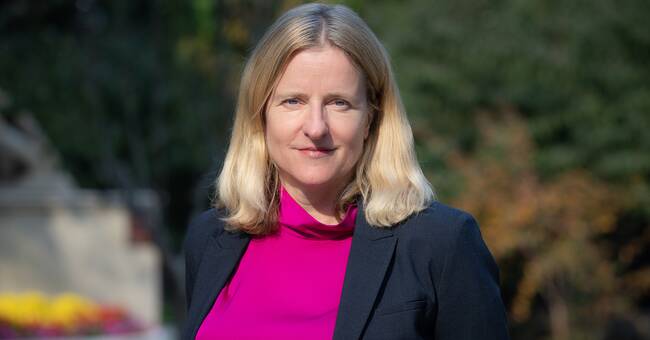China's growth since the 1980s can only be described as remarkable.
In just 40 years, it has gone from being a poor developing country that struggled with chaos and starvation after Mao's cultural revolution to becoming the world's second largest economy.
Generation after generation has gotten materially better than their parents.
The Communist Party's own description is that the country is governed according to a socialist model with Chinese characteristics.
Roughly simplified, it can be described as a state-controlled capitalism where the idea was that a certain group in society would be allowed to become very rich and that prosperity would seep down and benefit all citizens.
Growth has legitimized authoritarian rule
"As long as I am financially well and growth is guaranteed, I will let Xi Jinping decide."
This is roughly how the people's attitude to the authoritarian Chinese leadership can be summarized.
But if the economy stops and unemployment threatens, why would people continue to have confidence in the Communist Party's ability to lead, one can imagine the next line of thought.
When the country's economy no longer grows at the same pace and conflicts with the outside world increase, the Chinese Communist Party seems to have thought at least something similar, because in the past year it has introduced reforms in a number of seemingly widely differing areas that can be summarized as measures to reduce the gaps in society and raise confidence in the ruling Communist Party.
Reforms in various areas
This is, for example, a regulation of the large, ever-growing tech and e-commerce companies that have in many ways come to symbolize the Chinese growth miracle.
The companies are required to donate part of their profits to charity and the working conditions for the employees are to be improved.
It is also about raising taxes for those who earn the most.
The Communist Party also wants to control and regulate what is described as an unbridled "fan culture", that is, movie and music stars who are arrogantly proud of their celebrity on social media.
The Chinese Internet Authority thinks they are poisoning and corrupting young Chinese people through immoral and politically incorrect behavior.
The family should get it easier
It also wants to reduce the pressure on Chinese children by banning extra tuition and limiting the number of homework to help young families cope with everyday life.
In the hope that more people will want to have more than one child because China's population is no longer growing.
As in many industrialized countries, there will be a shortage of labor and fewer and fewer people will take care of the aging population.
These are just a few examples of completely disparate reforms that fall within the heading of common prosperity and which aim to reduce the gaps in society and, through sharpened propaganda, increase citizens' knowledge of the Communist Party's central role.
Third term
At the party congress next year, Xi Jinping is expected to be re-elected secretary general, and after a constitutional amendment that removed the restriction of the presidency to two terms, he could be elected to a third term by the national congress the following year.
The reforms can be seen as his election platform and as it looks now, he plans to lead the country for a long time to come.

